To celebrate the International Day of Happiness this past Friday, I participated in an interview with Snapchat Stories. Enjoy!
Snapchat: What’s one of the biggest myths about happiness?
CC: We think that happiness is a personality trait, when really it is better thought of as a skill, or a set of skills that we can learn and practice. Obviously we do have genetically-based personality differences, but I think of happiness like learning a language. Some people pick up languages really easily — especially those taught when they are young. Other people have to do more work to speak and write well. But either way, we all need to be taught the basic “grammar” and “vocabulary” of happiness, and we need to practice those things in order to become fluent.
How often should a “normal” person feel happy?
There is no normal; life can be difficult, and when it is, few people feel happy about it. We do know that once a person’s ratio of positive to negative exceeds about 3:1 (three positive emotions or experiences to every one negative) their whole system seems to change — they are said to “flourish.” Flourishing people, who represent less than 20% of the population, are more creative and resilient in the face of difficulty.
Are people generally happier as children or adults?
Happiness levels change throughout the life course. Most research shows that people’s happiness tends to follow a U-shaped curve: it is highest when they are young, and it tends to bottom out between our late 30s and early 50s. Fortunately, happiness levels tend to rebound again around age 60.
Is there a “fake it ’til you make it” factor to getting happy?
“Faking it” only works when we aren’t pretending or performing. Facial expression alone, without first feeling a corresponding emotion, is often enough to create discernible changes in your nervous system. When you lift the corners of your lips and crinkle your eyes, for example, after a couple of minutes your body will release the feel-good brain chemicals associated with smiling. But pretending to feel something that we aren’t makes us feel worse; research shows that inauthenticity is corrosive to our health, especially our cardiovascular system. One way to “fake happiness” fairly effectively, though, is to put a pencil between your back teeth for a few minutes in order to activate your smile muscles. (A word of warning: I’ve found that this technique works for lightening up my mood, but it does make me drool.)
Can money buy happiness? At least a little bit of it?
The old adage is mostly true: Money doesn’t tend to buy much happiness (after our basic needs are met). In our culture, we tend to confuse real happiness — profound joy and authentic contentment — with pleasure and gratification. Money does buy pleasure, but it takes a whole lot of money to increase your overall happiness level just a little tiny bit. And money really can’t buy meaning or fulfillment.
Here are 5 quick (and free) things you can do to find more happiness today:
- Smile at the barista and strike up a short conversation. Or with the people sharing your elevator. Or with the crossing guard.
- Increase your ratio of positive to negative emotions by watching a silly YouTube video, expressing gratitude to someone, or reading something inspiring. (Yes, you get credit for watching funny animal videos!)
- Take a good old-fashioned recess in the middle of the day. For every 60 to 90 minutes that you focus, take a 10 to 15-minute break. Go outside and play! Or at least sit inside and daydream.
- Repair a minor crack in an important relationship. Call your mom and invite her to lunch, even though your last conversation with her was tense. Find something nice to say to your spouse, even though he can be frustrating.
- Establish a tiny happiness habit. Do a daily crossword puzzle if that does it for you. Read a favorite magazine at lunchtime. Throw the ball for your dog every morning. What would make you really happy if you did it every day?
Photo courtesy of José Manuel Ríos Valiente.

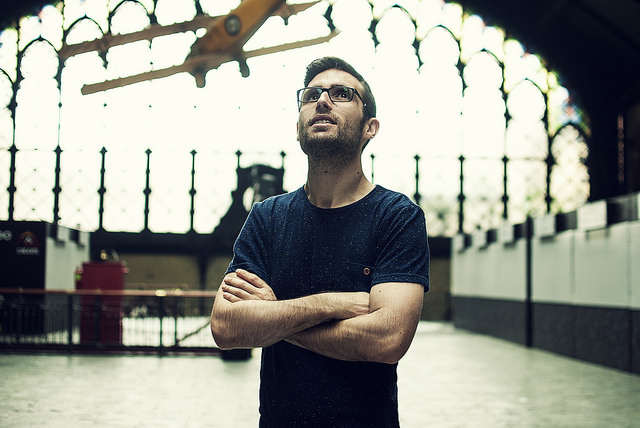
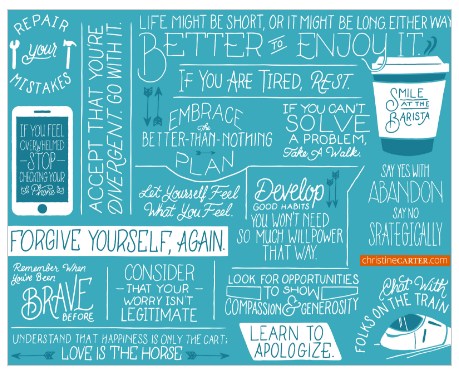

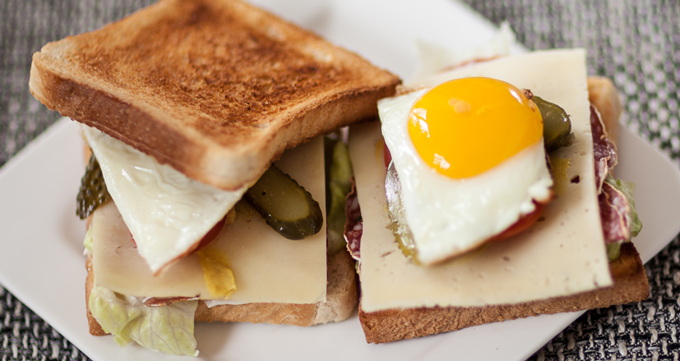

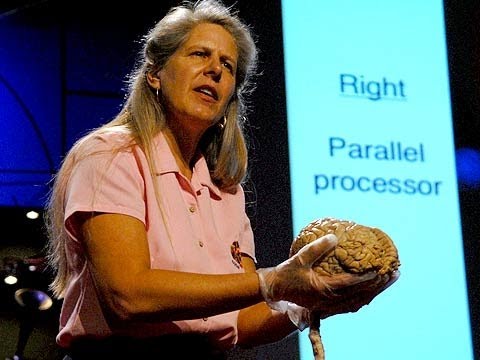
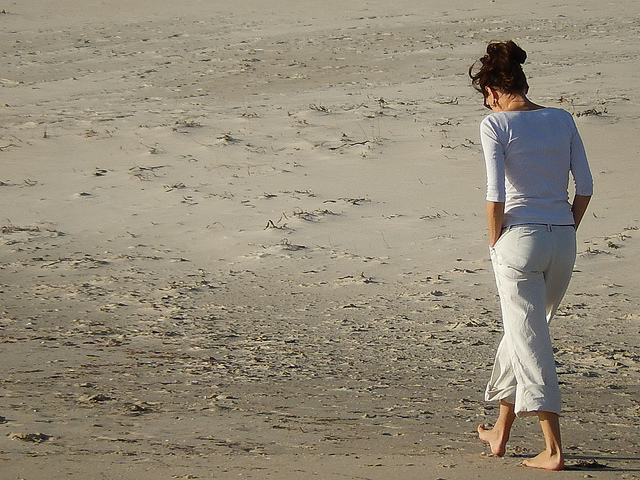


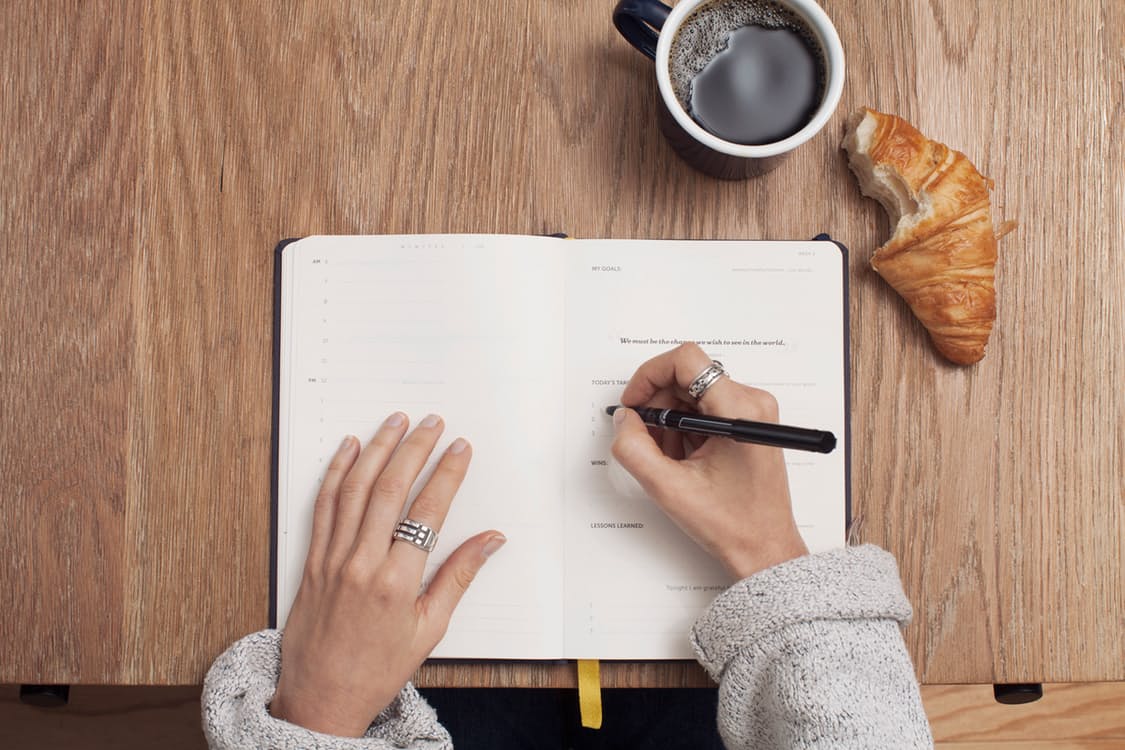


 I’m not surprised that research shows that greater health and happiness can come from caring for a pet. One study tracked “hypertensive stockbrokers” who adopted a cat or dog; caring for their new animals lowered their blood pressure more than prescribed medicine! And you may have heard about the study that found that dog-owners tend to get more exercise than folks without a dog. Exercise is, of course, a sure way to boost health and happiness.
I’m not surprised that research shows that greater health and happiness can come from caring for a pet. One study tracked “hypertensive stockbrokers” who adopted a cat or dog; caring for their new animals lowered their blood pressure more than prescribed medicine! And you may have heard about the study that found that dog-owners tend to get more exercise than folks without a dog. Exercise is, of course, a sure way to boost health and happiness. Technology can be addictive, and it can change the core of who we are as people. Researchers believe that when we are over-connected to technology (including our email, the Internet, and our cell phones) we can become more impatient, impulsive, forgetful — and even more self-centered. These qualities do not make us happier people or better parents.
Technology can be addictive, and it can change the core of who we are as people. Researchers believe that when we are over-connected to technology (including our email, the Internet, and our cell phones) we can become more impatient, impulsive, forgetful — and even more self-centered. These qualities do not make us happier people or better parents.